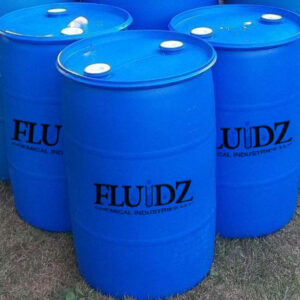Description
Sodium molybdate chemical suppliers useful as a source of molybdenum. Sodium molybdate is used in agriculture and industrial water treatment. The basic chemistry of a molybdate, such as sodium molybdate, contains the element molybdenum in its highest oxidation state, which in turn helps contribute to a high solubility of the chemical in water, a benefit in fertilizer application. This characteristic, when combined with sodium molybdate’s use as a delivery vessel for essential micronutrients (such as molybdenum) in plants, serves as another key reason for the choice of sodium molybdate fertilizer over other types of fertilizers used in agriculture.
Another touchpoint for this usage ties back to the hydroponic nutrient practice that is growing in popularity. Hydroponics is an agricultural method in which plants are grown without soil. Instead, they receive their essential micronutrients through a water solvent, a practice that has shown growth rates almost 50 percent faster than traditional soil-grown plants, in addition to a higher yield from hydroponic plants.
Sodium molybdate chemicals has seen a particularly strong uptick in usage among farmers of leguminous plants, such as alfalfa, peas, beans, lentils and peanuts. Included in fertilizer, it provides these plants with enhanced uptake of the essential nitrogen element, while also allowing for efficient fixing of atmospheric nitrogen found in the atmosphere by bacteria in the legumes. These bacteria convert the nitrogen into ammonia to synthesize amino acids within the plant.


